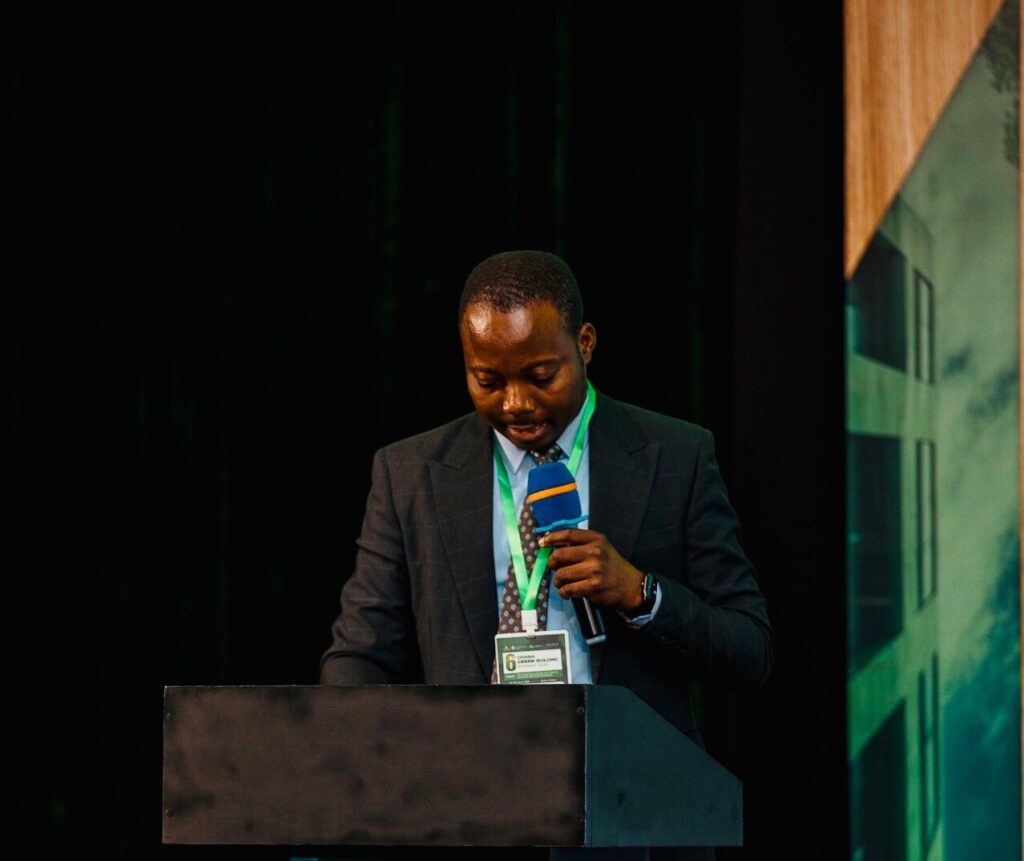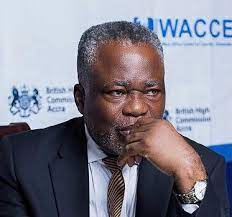Ghana is confronting a significant climate financing shortfall that threatens its ability to meet its Nationally Determined Contributions (NDCs) by 2030.
This pressing issue was the focal point of the policy dialogue hosted by the IMANI Centre for Policy and Education, bringing together climate experts, policymakers, and private sector stakeholders to evaluate Ghana’s preparedness for green investment.
Dennis Asare, a Senior Research Associate and Independent Consultant at IMANI, presented alarming figures during his address.
“Ghana needs about $9.5 billion, and up to $15.5 billion, to implement the 47 mitigation and adaptation programs outlined in the NDCs.
“Public financing alone is not enough—our assessments show that the climate financing gap is between 85% to 90%.”
Dennis Asare, a Senior Research Associate and Independent Consultant at IMANI
Despite the country’s commitment to its climate goals, Ghana has struggled to secure even half of its annual climate financing needs, three years into its 2022–2030 projection period.

“We have just about five years to reach the 2030 targets.
“If we are serious, we need to ask: what kind of domestic environment are we creating to accelerate private sector investment into climate action?”
Dennis Asare, a Senior Research Associate and Independent Consultant at IMANI
IMANI’s research assessed two critical aspects: governance quality and market readiness. Asare highlighted that the think tank is developing a long-term framework to evaluate the “supportiveness or challenges within Ghana’s business environment” that impact the scalability of green businesses.
“We’re a free market-oriented think tank, and we believe the private sector is the engine of growth.
“But for it to work, we must provide the right policy signals, incentives, and market infrastructure.”
Dennis Asare, a Senior Research Associate and Independent Consultant at IMANI
Government Acknowledges Capacity Gaps

Cedric Dzelu, Technical Director to the Office of the Minister of State for Climate Change and Sustainability, acknowledged the gap in institutional understanding of climate finance as a significant barrier to progress.
“What is constraining our progress is not just funding—it’s the lack of capacity within leadership circles to fully understand the climate space and its financing structures.”
Cedric Dzelu, Technical Director to the Office of the Minister of State for Climate Change and Sustainability
In a notable statement, Mr. Dzelu proposed that IMANI partner with the Office of the Minister of State for Climate Change and Sustainability and financial institutions like Ecobank to organize in-depth training sessions for Ghanaian banks.
He emphasized that greater familiarity with climate finance mechanisms could unlock substantial local investment.
“We need to get to a point where all banks in Ghana understand the climate finance space, the gaps, and how they can engage with it.
“That alone could trigger a wave of local climate investment. This is a project on its own, and the Minister would be happy to collaborate.”
Cedric Dzelu, Technical Director to the Office of the Minister of State for Climate Change and Sustainability

Both speakers agreed that addressing Ghana’s climate financing gap requires more than securing funds—it demands a multifaceted approach that includes targeted reforms in public finance management, improved cross-sectoral coordination, and incentives to encourage private sector involvement.
The policy dialogue ended with a strong consensus: urgent reforms are necessary, or Ghana risks falling short of its 2030 climate targets. “The financing gap is not just a number—it’s a reflection of how prepared we are to secure our future,” Asare emphasized.
But despite the challenges, there is optimism that with the right policies, technical support, and collaborations between government, think tanks, and the private sector, meaningful change is possible.
The coming years will be crucial in determining whether Ghana can bridge this critical financing shortfall and position itself as a leader in climate action within Africa.
READ ALSO: Ghana Targets $10 Billion in Non-Traditional Export Earnings Annually by 2030


















